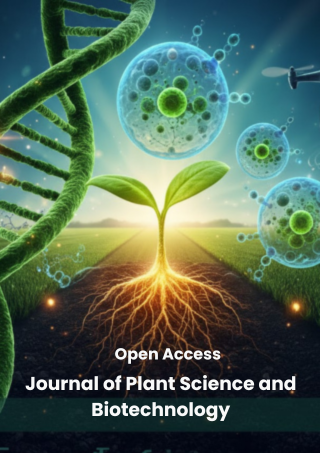Plant Ecology and Conservation
Medicinal plants have been a cornerstone of traditional healing systems and remain a vital source of modern therapeutics. Research in this field focuses on identifying, characterizing, and utilizing bioactive compounds produced by plants, known as phytochemicals, which include alkaloids, flavonoids, terpenoids, phenolics, saponins, and glycosides. These compounds exhibit a wide range of biological activities, such as antioxidant, antimicrobial, anti-inflammatory, anticancer, and neuroprotective effects, making them invaluable in both drug discovery and functional food development. Phytochemistry not only helps in understanding the chemical basis of plant-derived therapeutics but also provides insights into the ecological roles of these compounds in plant defense against pathogens, herbivores, and environmental stresses. Advanced analytical tools, including chromatography, spectroscopy, and metabolomics, are widely applied to profile and quantify phytochemicals with precision. The integration of biotechnology and genetic engineering has further enhanced the production of medicinally important secondary metabolites, enabling large-scale and sustainable utilization. With rising global demand for natural medicines, nutraceuticals, and plant-derived pharmaceuticals, the study of medicinal plants and phytochemistry bridges traditional knowledge with modern science, offering promising pathways for human health, sustainable agriculture, and economic growth.
Article Processing Timeline
| 2-5 Days | Initial Quality & Plagiarism Check |
| 15 Days |
Peer Review Feedback |
| 85% | Acceptance Rate (after peer review) |
| 30-45 Days | Total article processing time |
Journal Flyer


